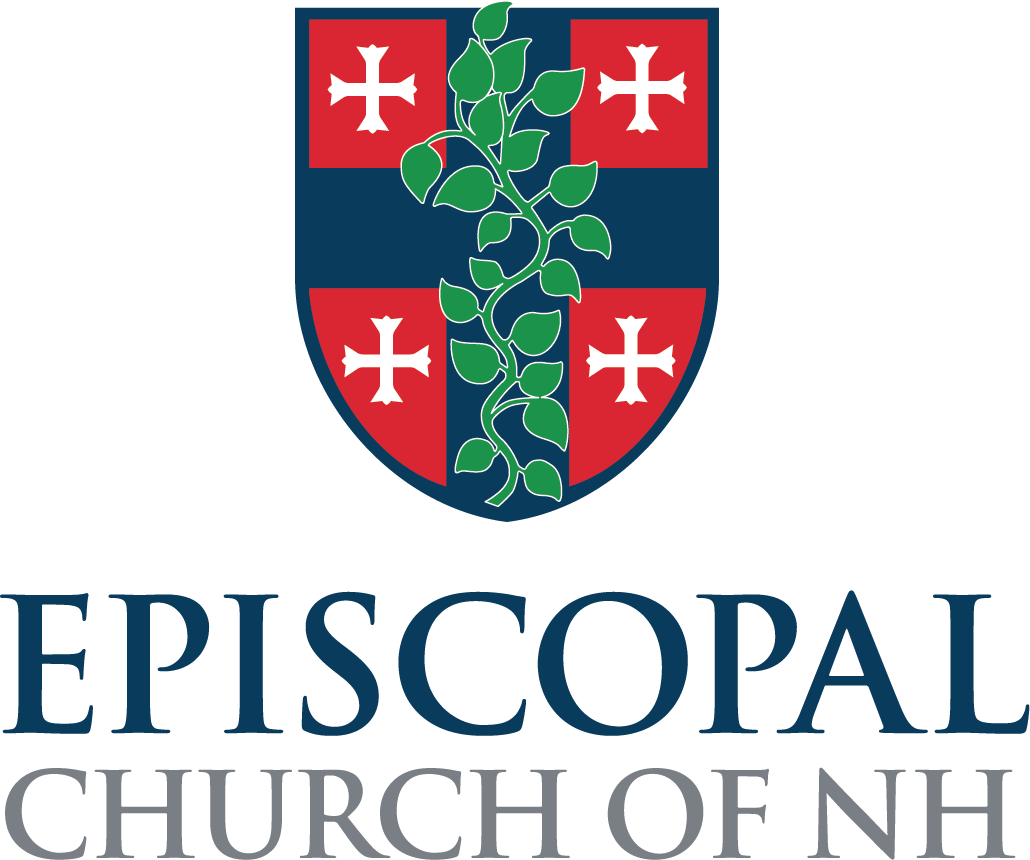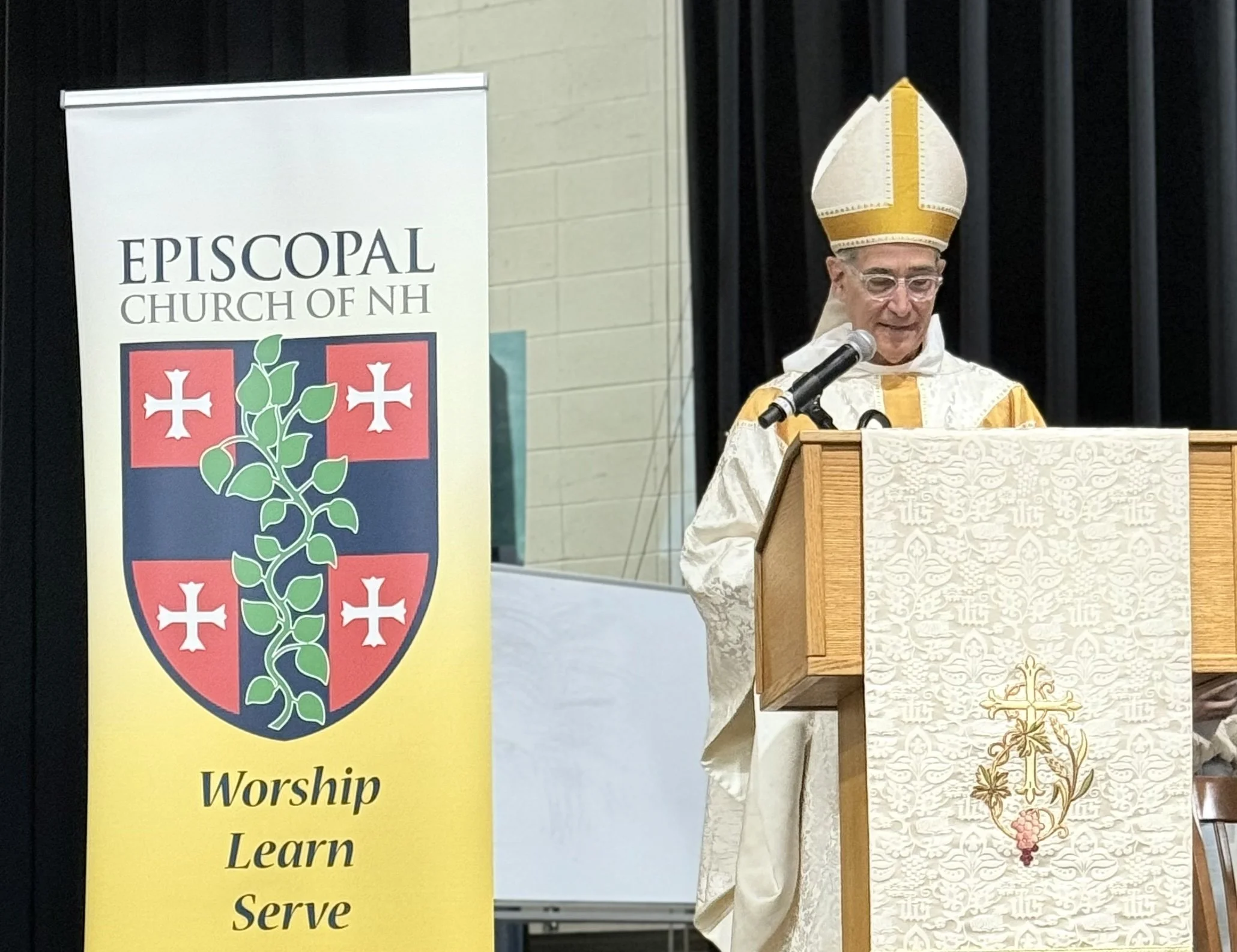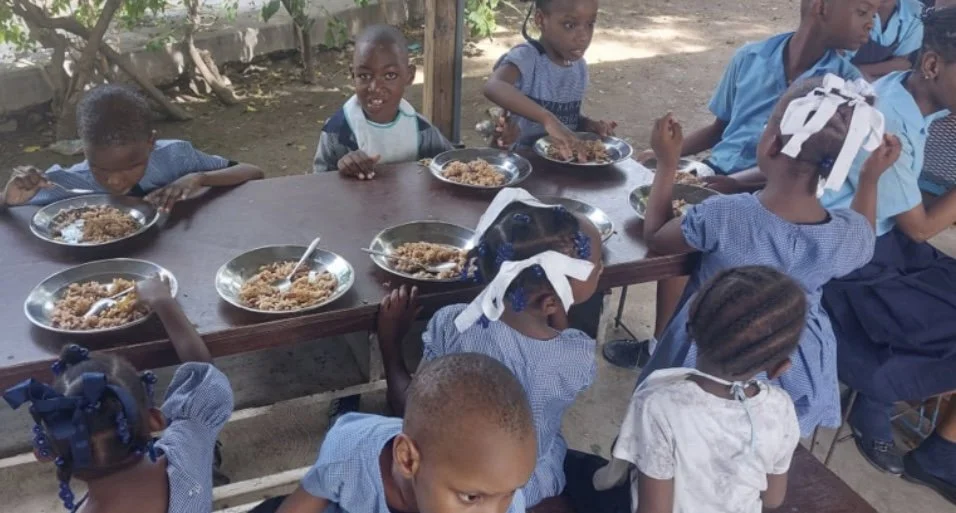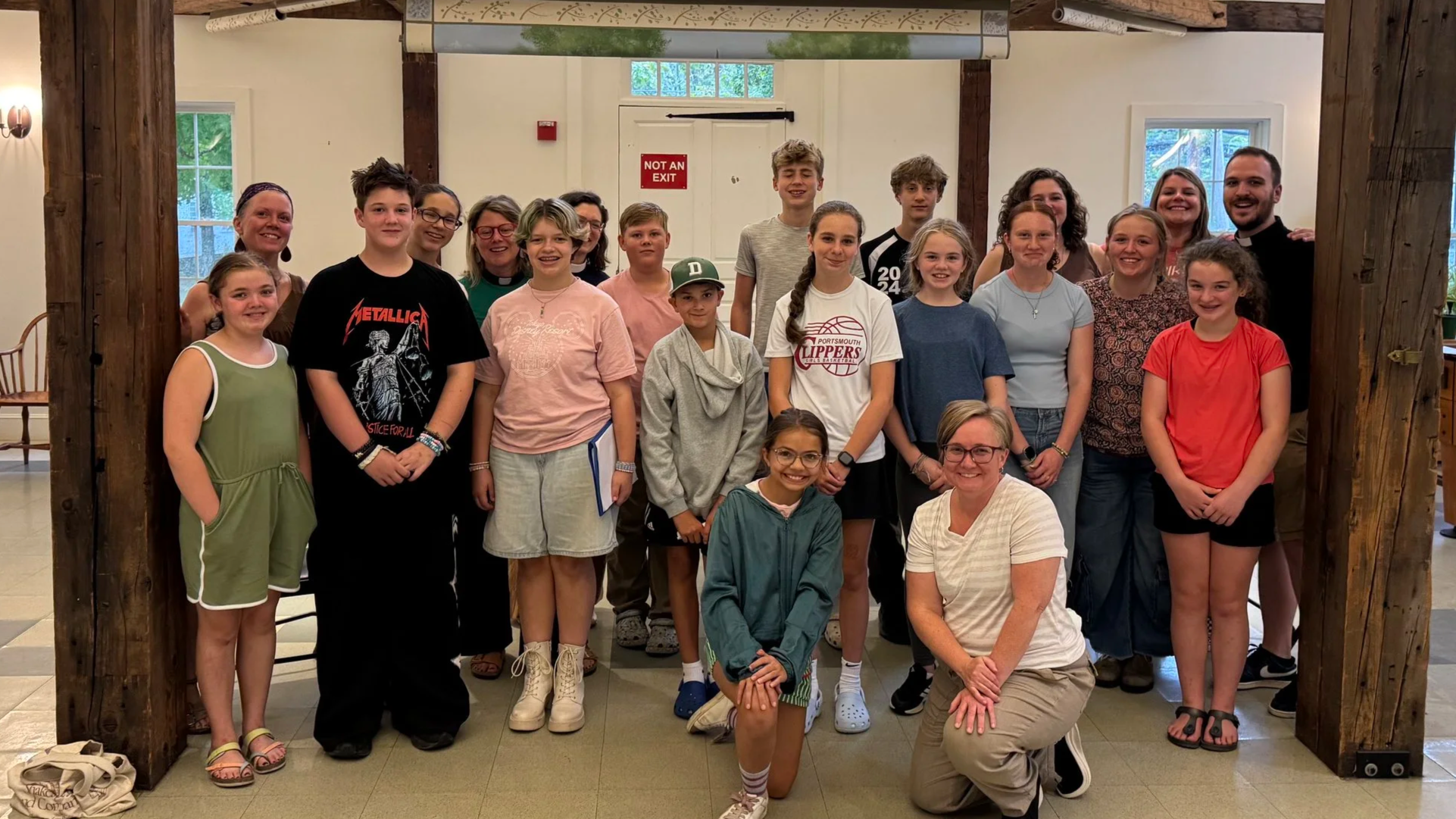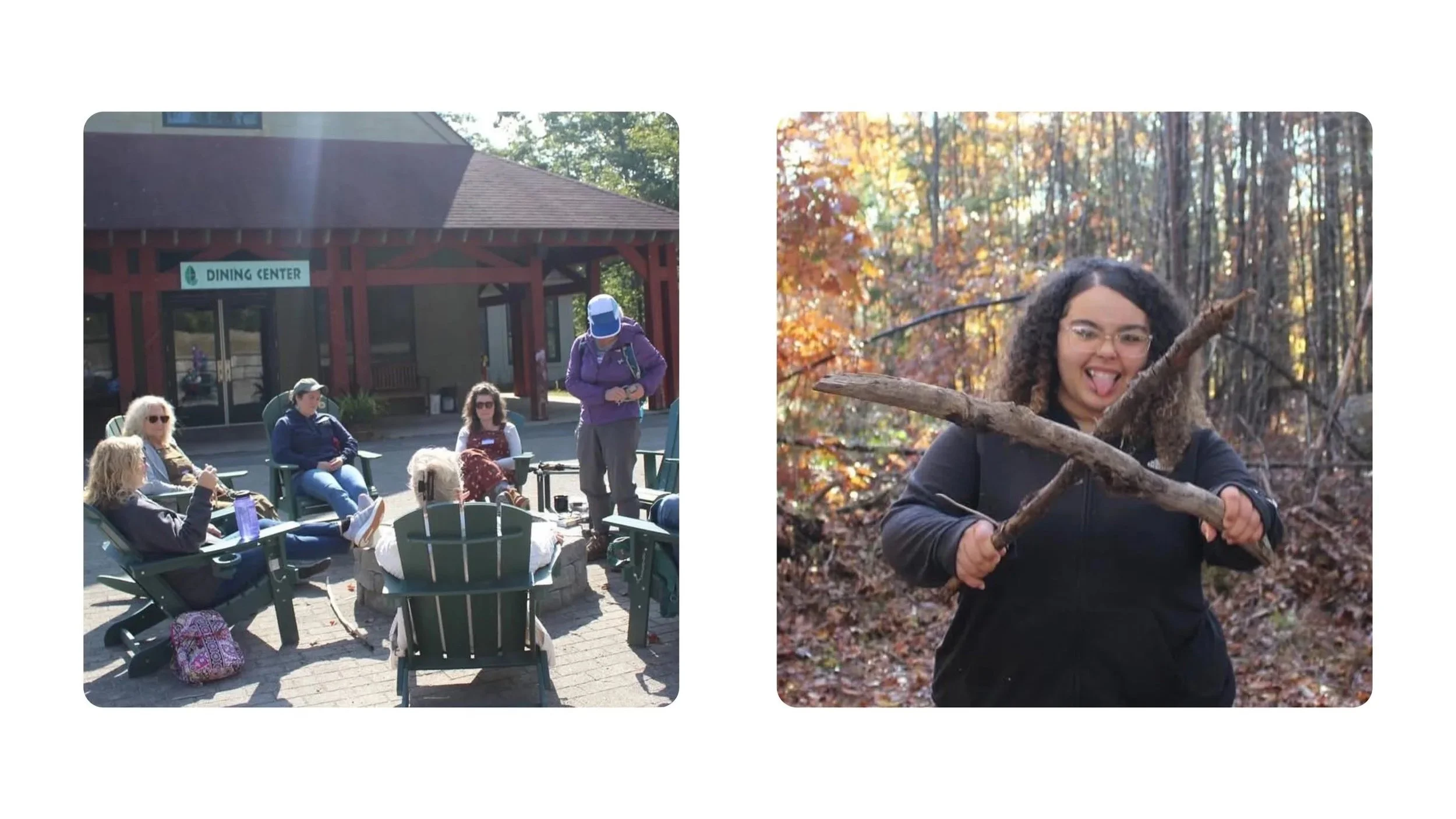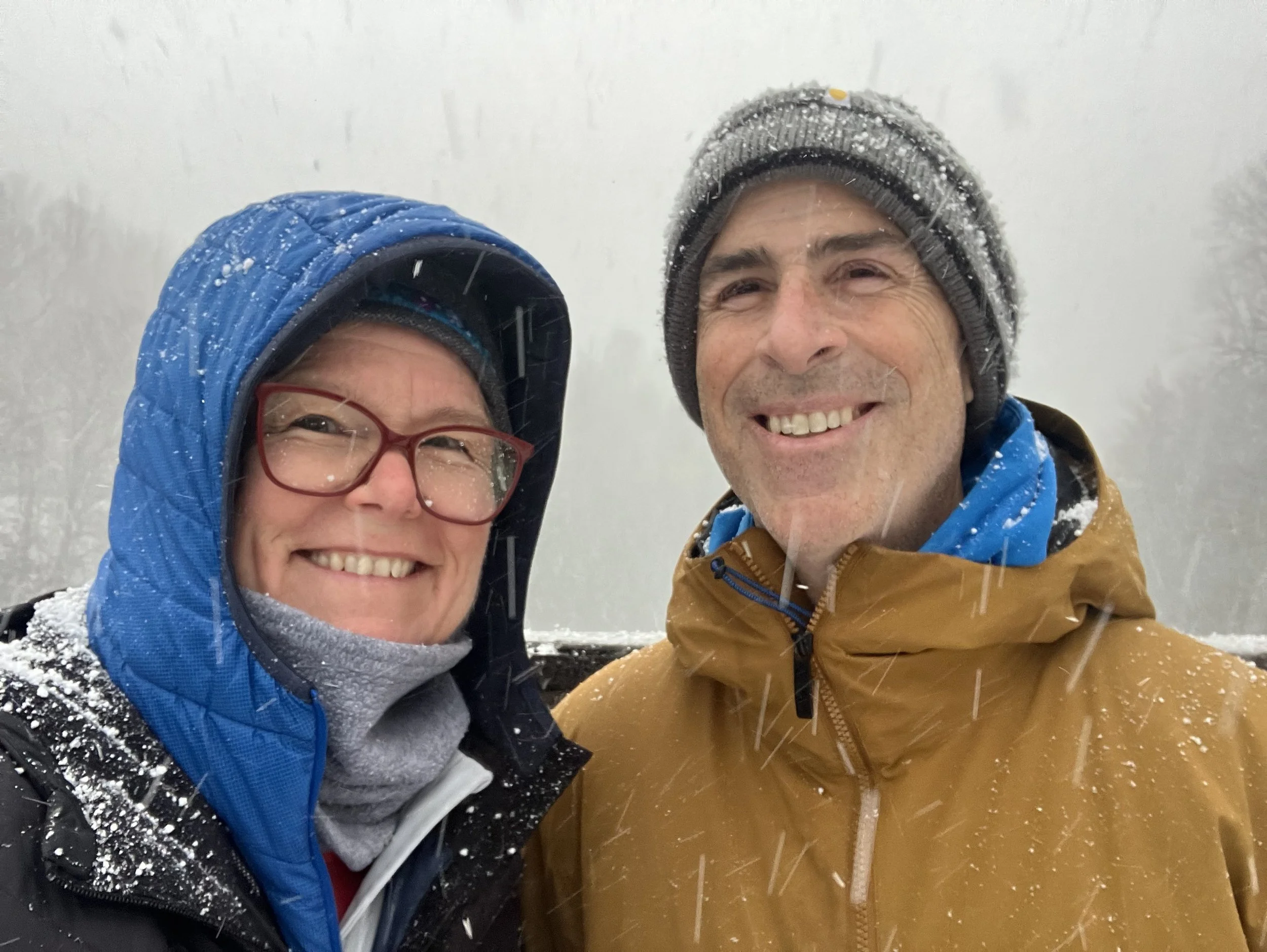In the wake of the killings of Alex Pretti and Renee Good, and just months after the murder of Charlie Kirk, I find myself asking a question that feels unavoidable in this moment of national grief and division: Which God are we following?
Are we following Jesus the Christ or are we following Zeus?
This may sound provocative, but it cuts to the heart of the crisis facing American Christianity today. The God revealed in Jesus is not a god of retribution, domination, or brute force. He is a God who, though all-powerful, chooses vulnerability. A God who refuses coercion. A God who empties himself.
The apostle Paul, writing from prison, described this God plainly: Christ, “though in the form of God, did not regard equality with God as something to be exploited, but emptied himself, taking the form of a servant… becoming obedient to the point of death — even death on a cross.”
That vision is scandalous. It always has been. Christianity, at its core, proclaims that God freely chose the cross — the violent instrument of empire — not as a means of control, but as a revelation of love. Easter does not erase that brutality; it declares that love is stronger than it.
That choice defines Christian prayer, morality, and public life. Or at least it should.
Martyrdom, properly understood, simply means witness; bearing testimony to this God of self-giving love, sometimes at terrible cost. The early Church understood this before Christianity was allied with empire and power. Once the Church was folded into imperial authority under Constantine, that witness became compromised. History has shown us what follows when a faith rooted in love collides with governments that rule through fear and force.
We know this pattern well. In 1965, Jonathan Daniels, a white seminarian from New Hampshire, traveled south to support the Civil Rights Movement. When a shotgun was raised toward a Black teenager, Ruby Sales, Daniels stepped in front of her and was killed. In El Salvador, Maryknoll sisters were raped and murdered for standing with the poor. Archbishop Oscar Romero, after calling on soldiers to lay down their arms, was assassinated at the altar the following Sunday.
These were not extremists. They were witnesses.
Today, there are voices in American Christianity once again preaching a different gospel—one that sanctifies power, excuses brutality, and insists that the world is changed not by love but by force. This is not the faith of the Crucified Christ. It is a faith far closer to Zeus: capricious, violent, enthroning the strong and discarding the weak.
In the days following Renee Good’s death, religious leaders, including myself, have issued statements of grief. We have done so before: after acts of racial violence, in response to the treatment of immigrants, amid wars and unrest. And yet, words alone cannot bridge the chasm we now face.
I grieve Renee Good as a martyr. I also grieve Charlie Kirk, regardless of politics. I take him at his word that he sought peace and prayer. Faith demands that we refuse the temptation to sort the dead into categories of deserving and undeserving. God’s love is not rationed.
What matters now is not only how investigations unfold or how blame is assigned — important as those processes are. What matters is the choice each of us makes as these tragedies accumulate: Will we deepen our fear and retreat further into tribal loyalties? Or will we insist on seeing one another as bearers of the image of God, even when that insistence is costly?
Christian faith does not promise safety. It promises life — abundant life rooted in love stronger than death. To live without fear ultimately means refusing to fear even death itself. That is not a call to recklessness, but to courage.
As a bishop, I have told clergy under my care to have their affairs in order — not because we seek martyrdom, but because discipleship has always carried risk when it stands with the poor, the oppressed, and the discarded. This is not new. It is the ancient calling of the Church.
Some will bear witness with words, as I am doing now. Others will do so with how they spend their lives. I am not suggesting someone step in front of a bullet, but a few may inevitably and tragically, end up bearing witness with their lives. Whatever form it takes, the choice before us remains the same.
We must decide whether we follow the God of abiding love and the teachings of Jesus — or the gods of control and fear.
